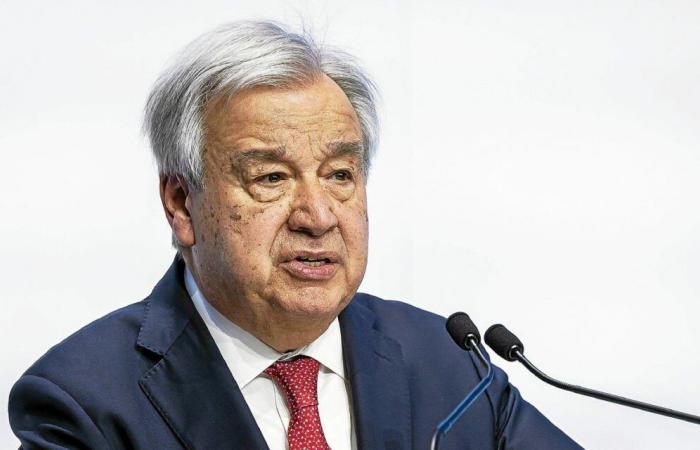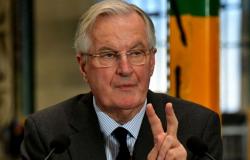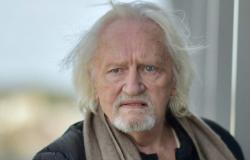The 16th meeting of the parties to the United Nations Convention to Combat Desertification (UNCCD), scheduled until December 13 in Riyadh, was presented by Antonio Guterres, head of the United Nations, as a “decisive moment” in the fight against drought and the advance of deserts.
Objective ? Restore 1.5 billion hectares of degraded land before 2030
The last conference, which was held in 2022 in Ivory Coast, resulted in a commitment to “accelerate the restoration of one billion hectares of degraded land”, that is to say soils whose quality has been altered by human activities such as pollution or deforestation, by 2030. The UNCCD now estimates that 1.5 billion hectares of degraded land should be restored before the end of the decade.
Saudi Arabia, which is home to one of the largest deserts in the world, has for its part set the objective of restoring 40 million hectares, said its deputy Minister of the Environment, Osama Faqeeha, but without giving a timetable. So far, the Gulf kingdom has restored 240,000 hectares, by fighting, in particular, against the illegal felling of trees and by increasing the number of national parks, the number of which has increased from 19 in 2016 to more than 500. “We are exposed to the most severe form of land degradation, desertification,” he stressed.
The talks in Riyadh open ten days after the end of Cop29 in Baku, Azerbaijan, where Saudi Arabia – the world's largest oil exporter – was accused of working to prevent mention of fossil fuels in the final agreement.
This conference on climate change resulted in a promise from rich countries to release 300 billion dollars per year in climate finance. But the text was considered largely insufficient by the poorest states and those most exposed to global warming.
“Not just in Africa or the Middle East”
On the occasion of this Cop16 desertification, the challenge will be to reach a consensus on the need to accelerate the restoration of degraded lands and to develop a “proactive” approach to droughts, explains Ibrahim Thiaw, executive secretary of the UNCCD . “We have already lost 40% of our land and soil,” he says, highlighting the consequences in terms of food insecurity and migration. “Global security is really at stake, and we see it all over the world. Not just in Africa or the Middle East,” he insists.
A major phenomenon that goes unnoticed
“If we continue to let the land degrade, we will suffer huge losses,” Osama Faqeeha also warns. “Land degradation is today a major phenomenon that goes unnoticed,” he laments.
If the Gulf kingdom is criticized for the emissions generated by its immense oil production, the fact that it is exposed to desertification could give it more credibility in negotiations in Riyadh. Unlike global warming, in which it clearly participates, “Saudi Arabia does not necessarily contribute directly to the problem of desertification”, underlines Patrick Galey, of the organization Global Witness. She can, “with a certain legitimacy, claim to defend the victims”.
Macron expected in Riyadh
Thousands of delegates are expected to take part in Cop16, including nearly a hundred ministers. Emmanuel Macron is expected at the One Water Summit, which is being held on the sidelines of this conference, this Tuesday, December 3.
France
World






